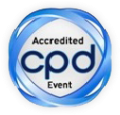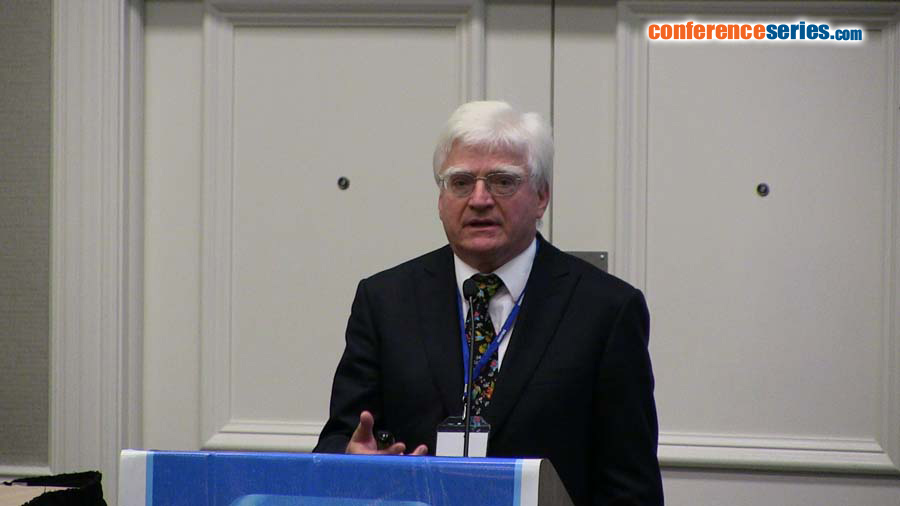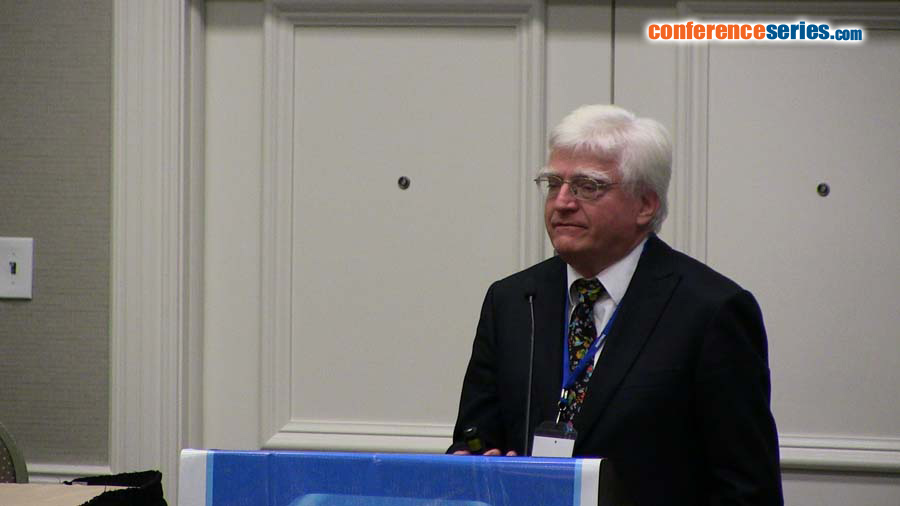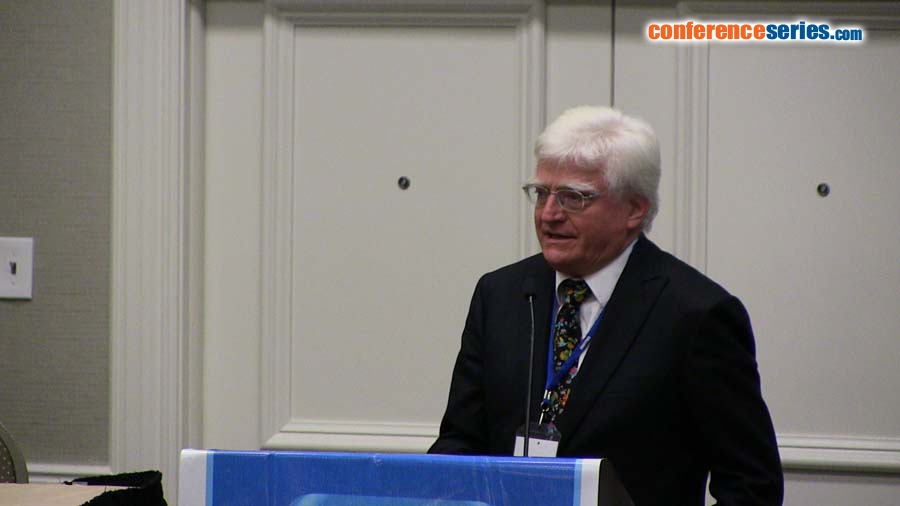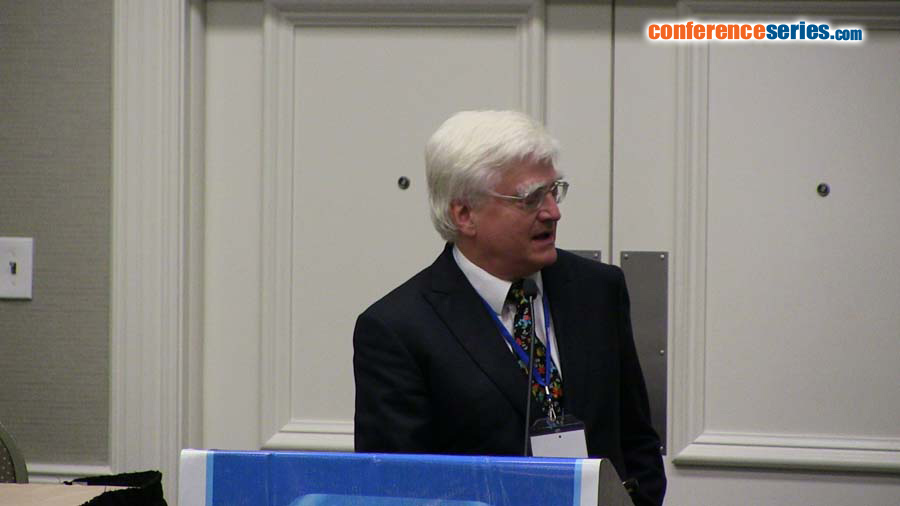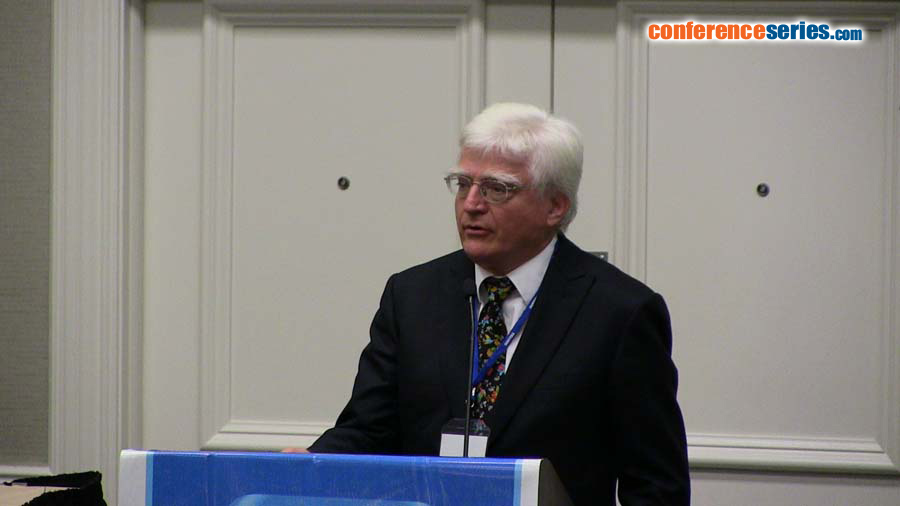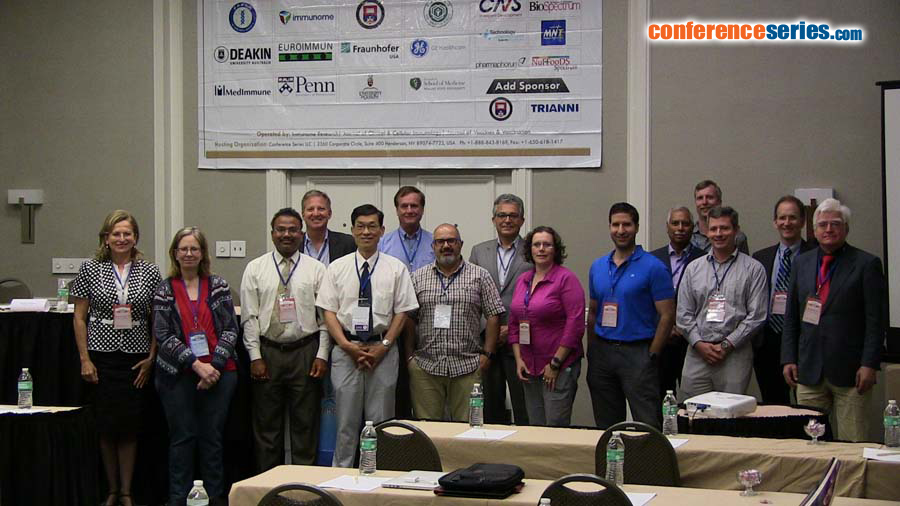
Winfried Stöcker
Euroimmun AG, Germany
Title: Multiparameter autoantibody screening in the diagnosis of neurological autoimmune diseases
Biography
Biography: Winfried Stöcker
Abstract
Introduction: The aspect of autoimmunity in neurological disorders attracts a steadily growing interest. Identified autoantibodies include those against intracellular antigens (biomarkers of paraneoplastic neurological syndromes) and newly, those against neuronal cell surface proteins, many of them being pathogenic in several forms of autoimmune encephalitis. However, differential diagnosis of the clinical conditions is challenging due to similar symptomatic appearances and often requires consideration of a broad range of anti-neuronal antibodies. Here, we report on diagnostic benefits of determining a comprehensive antibody profile by multiparametric testing during requested sample analyses. Methods: 16,741 samples were sent to the Clinical Immunological Laboratory (Lübeck) from April 1st 2012 until March 31st 2013. Irrespective of the parameter requested, all samples were tested for multiple parameters using indirect immunofluorescence on BIOCHIP-mosaics (combining various substrates in one reaction field) and immunoblot. Results: 14.1% of the samples were positive for at least one neurological parameter. About half of the detected autoantibodies (52.1%) were of the IgG class. Among these, antibodies against extracellular antigens were twice as frequent as antibodies against intracellular antigens. 53.4% of the samples were positive for the requested parameter whereas 46.6% of the samples were positive for another but requested parameter. Conclusion: Our results reveal that multiparametric screening of samples can increase the hit rate of positive and diagnostically relevant findings by 87% compared to single testing of requested parameters. This may also accelerate the diagnostic process. Both aspects significantly support correct and rapid diagnoses of neurological autoimmune diseases, which is crucial to initiate appropriate and often life-saving therapies.
